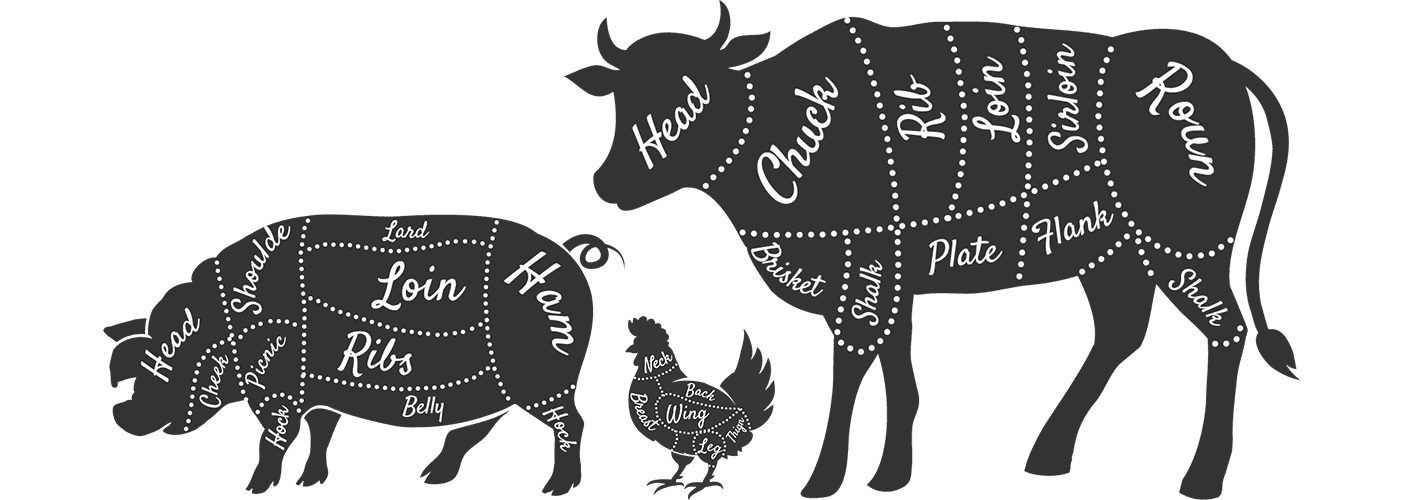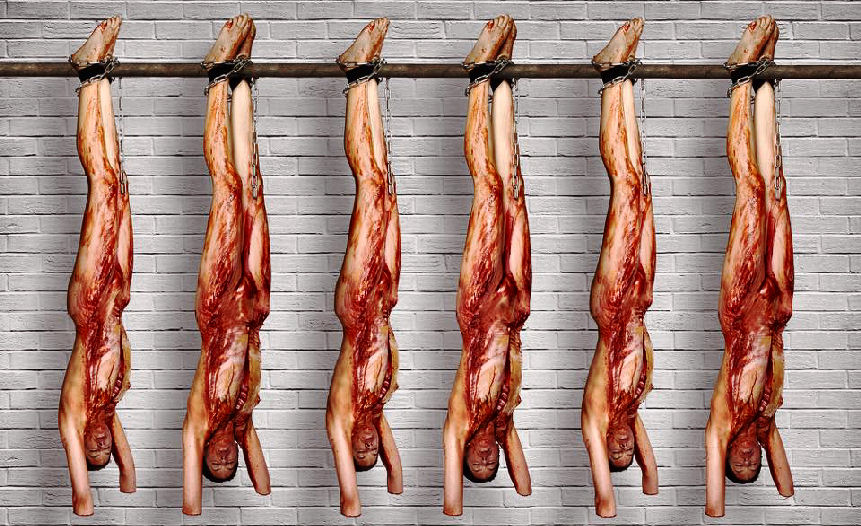

You have to be relaxed to see things.” The exhibit “Tokyo Pop” at Kanagawa’s Hiratsuka Museum of Art in 1996 marked the beginning of another new era, with early incarnations of Takashi Murakami and Yoshitomo Nara. “Being able to laugh at the seriousness of art keeps things rooted in reality. “We always talk about the everyday and retraining a sense of humour,” says Jeffrey. “There is no shame in impulse,” wrote Douglas Coupland, a point not lost on Otsuka-based gallerists Misako and Jeffrey Rosen. In Tokyo’s art world, the end of last century and the years that followed have shaped a generation who meet the unpredictability they face with self-assurance. They should have a plot, a meaning-they should bear stories,” Kodama says. “To me, photographs should not just be pleasing to the eyes. His ongoing work about Hong Kong has garnered attention both in Hong Kong and Japan, and he plans on continuing it in the years to come. He started by taking pictures of his action figures during his college days, then successfully escalated into street photography, and eventually found his calling in documentary photography on socially relevant issues. Our common love for photography comes as a bonus.” Aside from being the proprietor of Void Lens, Kodama himself is also a photographer. “I like knowing where my customers are from and I enjoy exchanging life stories with them. Just a small roomful of people brimming with ideas and experiences, and surrounded by old cameras is enough. Chairs and tables aren’t needed to ignite passions and to keep others burning. Through his charisma, he has built a home turf that transcends the “hipness” of using analog cameras. The shop hosts photography exhibitions from time to time, but it’s Kodama himself that keeps people coming back. What makes Void Lens a must-visit is that aside from being a store, it is also a haven where people can meet and connect with strangers. Kodama plays a big role in inspiring visitors to Void Lens and instilling in them a certain value: that photography is a powerful tool that can move the world. “That’s what photography is to me.” Film photography is a subculture and a way of life, and people who are interested in trying it are often easily intimidated because of its small niche, even in the thickly saturated photography community of Tokyo. It has impacted my life a lot, and I try to do my part through recording what I witness,” he says. “People should know about what is happening in Hong Kong.

Many of the latter center around his love for Hong Kong, where he and his trusty cameras continue to make history. Kodama mans the store himself and heartwarmingly welcomes all customers with his engaging stories-from basic photography tips and camera recommendations that suit the customer’s lifestyle, to his personal photography adventures in different countries. Nestled amidst the hip and cozy alleyways of Koenji, the shop is hard to miss. Originally a camera repair shop, owner Hironori Kodama seized the opportunity to convert it into a secondhand film camera store after visitors kept asking if the cameras on display were for sale. A stripped-down, headless mannequin with a vintage camera as its chest piece lures photography enthusiasts and passersby alike into the quaint but treasure-filled shop that is Void Lens.


 0 kommentar(er)
0 kommentar(er)
